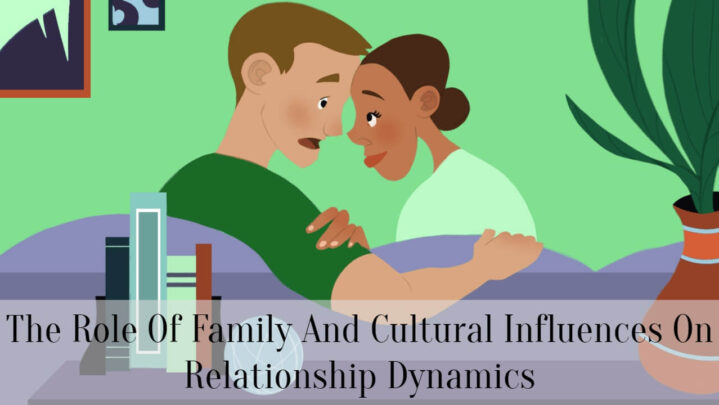Family dynamics, such as communication patterns, responsibilities, and expectations, can have a long-term influence on an individual’s capacity to build good relationships.
Culture also has an impact on relationship dynamics. Cultural norms and values can impact how people see and interact with others. Some cultures, for example, place a heavy focus on collectivism, in which the needs of the community are emphasized over the needs of the individual. Relationships in these cultures are frequently founded on mutual dependency and a strong feeling of community.
Individualistic cultures, on the other hand, prioritize the requirements of the individual and place a high value on self-sufficiency.
Family and cultural factors may both impact how people interact, express emotions, and deal with conflict. Some families, for example, may oppose open communication and the expression of negative emotions, whilst others may support free communication and the expression of all emotions. Similarly, certain cultures may avoid confrontation and promote peace, whilst others may encourage direct dialogue and dispute resolution.
Furthermore, poor mental health and emotional well-being can have a severe influence on the quality of relationships. People suffering from poor mental health may have difficulty communicating, resolving disputes, or even being aggressive in their relationships. People who have strong mental health and emotional well-being, on the other hand, are more likely to have rewarding and healthy relationships.
As a result, in order to have healthy and satisfying relationships, individuals must prioritize their mental health and emotional well-being. Seeking treatment from a mental health professional, practicing self-care, and acquiring good communication and conflict-resolution skills may all contribute to this.
Also Read: The Emotional Power Of Music





